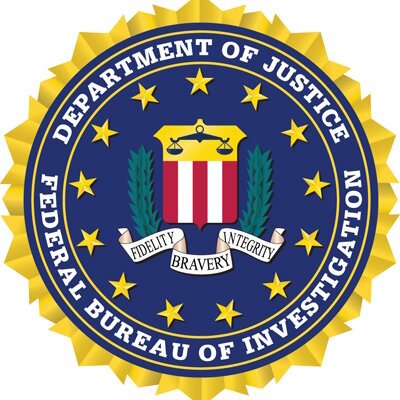KN, p. 318 “The Central Intelligence Agency (CIA)”
If there are no paragraph separations in the article, please double-click on the title to create a more readable version.
The CIA is depicted in books and movies as either the enemy or our last great hope against the tyranny of despots who would do us harm. The CIA is a USA based, foreign intelligence gathering agency, and has no powers to arrest.
Its Mission is to:
- Gather intelligence about foreign governments that will reveal any need to defend against terrorism.
- Analyze the gathered information and deliver accurate intel to the President, the National Security Council, and other government agencies that make foreign policy decisions.
- Conduct covert operations if needed and ordered by the President.
- Help keep our own secrets from becoming public knowledge.
The USA was drawn into WW2 after we were attacked at the Pearl Harbor naval base. At the time, several different agencies operated independently of each other, reportedly at times with overlapping duties. We needed to find a more effective way to be informed about the intent of our foreign enemies and it was proposed that all the agencies be gathered under one umbrella, with one coordinating person. The Office of Strategic Services (OSS) was formed and functioned under the Joint Chiefs of Staff as our espionage agency behind enemy lines in Europe during WW2, collecting information and conduct paramilitary operations when needed.
At the end of WW2, the OSS was dissolved and eventually, with the signing of the National Security Act, the CIA was created in 1947. It was to be an independent, civilian intelligence gathering agency answering to the President, not the military, an important distinction post-war.
The CIA has grown ever since, expanding and changing to meet the intelligence needs of the country. There is now a Director of National Intelligence (DNI) who oversees the CIA as well as 16 other intelligence agencies and who advises the President in these areas.
Did you ever wonder what it would really be like to be a member of the CIA?
One of the branches of the CIA most often represented by the entertainment industry is the Directorate of Operations. The type of work done under that umbrella is likely covert and likely dangerous. (Think the TV series Homeland) The Officers must all go through lengthy specialized training, some of which may include:
- Participate in a car chase while under fire, with the expectation that there will be no outside help.
- Climb, run, chase, flee both inside and outside buildings, and over rugged terrain.
- Train to be alert and ready to make decisions 24/7 with limited sleep and under intense conditions.
Case Officers recruit foreign nationals who have access to insider government or terrorist information that would be helpful to the USA.
Cyber Operations Officers access networks integral in gathering intelligence.
Language Officers support the covert operations where language and culture create challenges for the case officers.
Paramilitary Officers work the covert operations to help in the collection of the foreign intelligence.
If that kind of action doesn’t appeal to you, take a look at a few careers available at the Central Intelligence Agency, not involving car chases and/or rugged terrain. There are many different areas of expertise required to support the decisions and tactics used when carrying out particular missions.
Accountants keep the books and do the payroll, not as cut-and-dried as it sounds, because even spooks have to keep track of their expenses.
Analytic Methodologists uncover new ways to analyze the data coming in, from the point of view of economics, geopolitics, and pure math modeling.
Economic Analysts crunch the financial numbers for foreign trade and markets.
Mechanics maintain the specialized fleet of vehicles in the USA and around the world.
Military Analysts study what is happening with the armed forces around the world in terms of numbers, future plans, and capability.
Physicians supply medical assistance to CIA members and their families.
Security Officers provide the security for the CIA facilities, both physically and with security systems.
Targeting Analysts study the data for emerging security threats.
Interested in a career with the CIA? Can you pass rigorous security clearances?
Information available at cia.gov
KN, p. 318 “The Central Intelligence Agency (CIA)” Read More »




